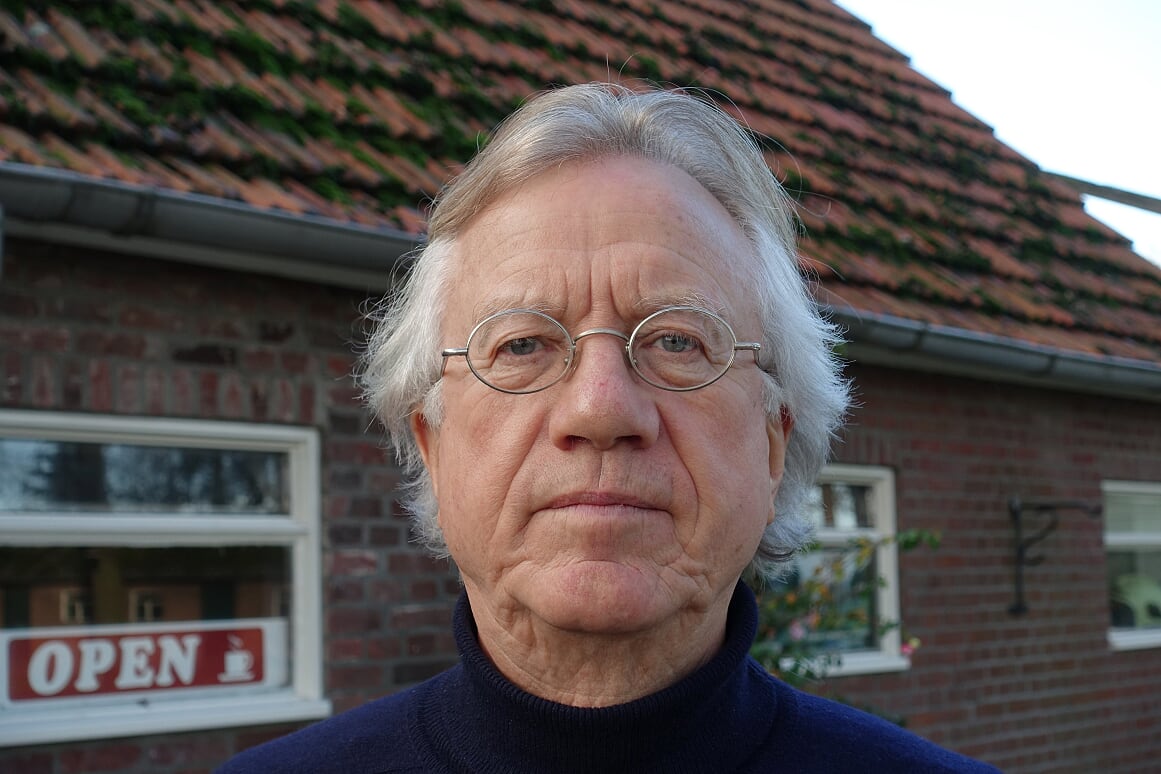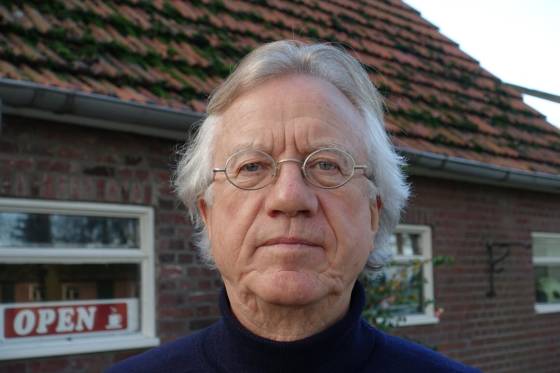Wynia’s Week: the European green coup has started


Brussels is becoming ever more radical where climate is concerned, says journalist Syp Wynia. But is this what we want? he asks.
The European elections in May made the German Green party the second biggest party after the Christian Democrats. In early June the polls put them ahead of Angela Merkel and her party: the Greens were virtually the biggest party in the most populous EU member state.
That was quite a blow, not in the least because Angela Merkel had shown attempts at fending off green competition before. In 2011 she suddenly decided to initiate the ‘Atomausstieg’- the gradual closing down of German nuclear power stations.
The official reason for the move was the nuclear disaster in Japan but Merkel wouldn’t be Merkel if she didn’t have an electoral effect in mind as well. The Greens were at that time about to win big in the state elections and Merkel thought to beat them at their own game.
The ‘Wir Schaffen Das’ in 2015 – the quasi-invite to Syrians and other migrants heading to Germany via the Balkan – was also meant to placate the left and green Germany. And just recently, this summer, the chancellor kow-towed to green demands for the third time. It is unlikely this can be seen as separate from the success of the Green party in the elections and the polls.
When Merkel came to the European Council meeting in Brussels on June 21 she said she would vigorously support ‘climate neutrality’ – a 100% greenhouse gas reduction by 2050, thereby uniting with French president Emmanuel Macron and Dutch prime minister Mark Rutte who together regard themselves as the climate policy fron trunners in Europe.
Rutte – lest we forget – is indirectly influenced by the fact the Dutch green party leader Jesse Klaver is breathing down his neck. Coalition party D66 is afraid to move as much as an inch away from the agreed climate agreement for fear of the green competition, thus putting extra pressure on Rutte III to stay the climate course.
Merkel at the Kirchentag
A couple of days after the summit in June Merkel visited the ‘Kirchentag’ , the annual meeting of German Protestants, a massive gathering with political overtones.
The German Protestants have made climate change a part of their belief system and Merkel took the opportunity to explain why she was upping her climate ambitions. The chancellor said she was done with piffle paffle (‘keine Pillepalle’) about climate goals and is 100% in favour of the 100% reduction in CO2 in Germany by 2050.
The German media are pondering the financial and economic consequences of Merkel’s radicalised climate stance. The old goal of 90% reduction was already going to cost €4,600bn or more and now €3,000bn was going to be added to the bill, taking it to some €7,600bn in total. German households would have to cough up €320 euros a month for the climate.
These calculations are worth looking at from a Dutch perspective. Germany has five times the number of inhabitants. If climate neutrality costs €7,600bn in 2050 then it would not be beyond the realms of probability that the Dutch bill would come to over €1,500bn. Mention of these amounts have been scrupulously avoided by Rutte III but mentioned they must unavoidably be.
Von der Leyen in Strasbourg
Merkel’s climate wende acquired a European component on July 16. That day Merkel’s confidant Ursula von der Leyen delivered an inspired speech in the European parliament mainly to garner support for her candidacy for chairmanship of the European Commission from the Social Democrats and the Greens. Whether that got her the job in the end is doubtful but Von der Leyen nevertheless adopted about the entire green agenda to counteract any resistance.
Von der Leyen promised that come 2050 Europe would be the first climate neutral continent, that the amount of CO2 should be reduced to 50 or 55% by 2030 and that within a hundred days of her appointment in November she would introduce new legislation to this effect.
The EU member states will have to agree but support has been growing over recent months especially now Germany has joined fron trunners France and the Netherlands.
The European Union has always been more ambitious when it comes to climate than any other world player but is now upping the ante. Whether the European countries will be able to cope economically as this agenda takes effect has become a complete non-issue it seems.
And it doubtful the climate will benefit, seeing that China is opening countless coal fired power stations while Germany and the Netherlands are closing just a few.
It’s clear a surreptitious green coup has been taking place over the last few months, and while extreme climate parties are not exactly at the helm anywhere in Europe, they are necessary to gain majorities – for example in the European parliament – and garnering more support. That means the influence of activists and activist politicians has become disproportional.
What will be the consequences for the Netherlands
The consequences for this country could be serious. Up to now the Netherlands had the most ambitious climate plans, with a projected reduction of CO2 by 49% by 2030 and 95% by 2050. The European Union, spurred on by the Netherlands, will radically increase these numbers if Von der Leyen gets her way.
As things stand the climate ambitions of Rutte III could still be tempered by cabinets to come but if the EU toughens the rules that would no longer be possible. And, as everyone knows, if there is one country that will live by the European climate rules it will be the Netherlands. And if the Dutch government fails to comply there will always be a judge at hand to make it. These are revolutionary times. The green coup has only just begun.
This column was first published in Wynia’s Week. Syp Wynia is a journalist and columnist who writes primarily on politics and economics, as well as Europe, migration and the government’s finances.
Thank you for donating to DutchNews.nl.
We could not provide the Dutch News service, and keep it free of charge, without the generous support of our readers. Your donations allow us to report on issues you tell us matter, and provide you with a summary of the most important Dutch news each day.
Make a donation